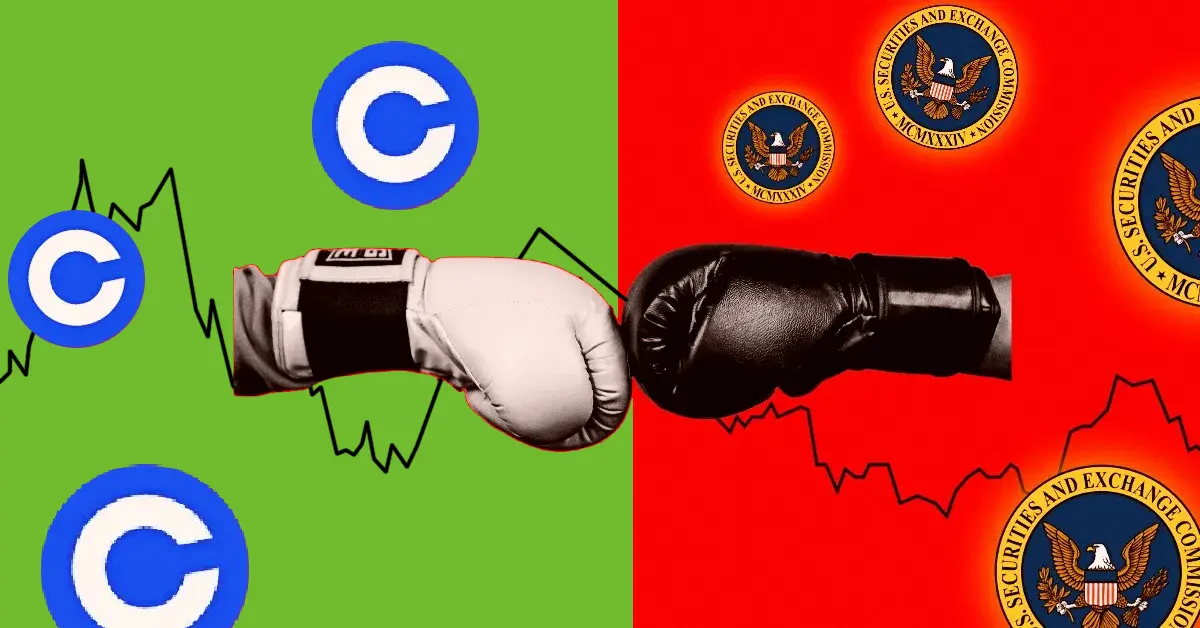
In a bold statement that has sent ripples across the legal and financial sectors, Coinbase CEO Brian Armstrong announced that the company would sever relationships with law firms that employ lawyers with an anti-crypto perspective. This decision shines a spotlight on Milbank LLP for their hiring of Gurbir Grewal, a former SEC enforcement director, which Armstrong referred to as a significant “mess up.” But why does this matter so much to the cryptocurrency world? Let’s delve into the details.
Gurbir Grewal’s Track Record: A History of Tensions with the Crypto Sector
Gurbir Grewal’s reputation in the crypto community is far from favorable. During his tenure at the SEC, he spearheaded over 100 enforcement actions against prominent cryptocurrency companies. This included high-profile exchanges like Coinbase, Binance, Kraken, and Gemini. These actions underscore a longstanding issue for crypto firms: navigating a regulatory landscape where definitive rules are often absent, yet legal actions are pursued.
The SEC’s approach has been perceived by many in the crypto industry as aggressive and somewhat ambiguous, creating a challenging environment for companies striving for compliance without clear guidelines. This ongoing tension has been a source of frustration for many within the crypto community, who feel that more defined regulations are needed to foster innovation and security within the sector.
Coinbase’s Determined Pushback Against Regulatory Ambiguity
In response to these challenges, Coinbase has not remained silent. Despite Grewal’s defense that the SEC’s actions were not specifically targeting cryptocurrency but were rather about enforcing existing laws, many in the crypto realm remain skeptical. They argue that the current regulatory framework lacks clarity, and the SEC’s stance does little to provide certainty for digital asset businesses.
Coinbase has taken a proactive stance by challenging the SEC in court, demanding transparency and clearer regulations for digital assets. This legal battle is being spearheaded by Eugene Scalia from the law firm Gibson Dunn & Crutcher. Coinbase’s Chief Legal Officer, Paul Grewal, has also made it abundantly clear via social media that any law firm choosing to associate with lawyers like Grewal will forfeit Coinbase’s business. This decisive action underscores the company’s commitment to advocate for a fair regulatory environment.
What Lies Ahead for the Crypto Industry?
Coinbase’s ultimatum to law firms has undeniably stirred the pot. Legal analysts suggest this move could have significant financial repercussions for firms willing to collaborate with contentious figures like Grewal. Furthermore, with potential changes in leadership at the SEC on the horizon, there could be a shift in the agency’s stringent approach to cryptocurrency regulation.
If such a shift occurs, it could redefine the relationship between cryptocurrency enterprises and legal entities, paving the way for a more harmonious and clear-cut regulatory framework. This potential evolution is crucial for fostering innovation and ensuring that the cryptocurrency industry can thrive without the constant fear of punitive measures.
In conclusion, Coinbase’s bold stance highlights a critical juncture in the intersection of law and the burgeoning crypto industry. As the landscape evolves, both legal and financial sectors must adapt to ensure that innovation can flourish within a secure and well-regulated environment.






